The city - sliced, diced and served with a dash of sauce

Pic/Shadab Khan
Missing the Big Picture
A group of young boys are glued to their mobile phones as they sit on the steps of the historic Banganga Tank in Walkeshwar.
Socks for Santa
 An example of a themed-sock; (right) Bhumika Israni
An example of a themed-sock; (right) Bhumika Israni
Bhumika Israni, founder of a pan-India book community based in Borivli, is embracing the Christmas spirit early by introducing sock exchange to their book exchange Secret Santa event. “Before I graduated from college, I used to organise a secret Santa exchange with my friends,” explained Israni. The BSS [Bookish Secret Santa] began last year, circulating over 100 books across India. A conversation of the community about their love for themed socks led to the new idea. “We already have 30 members in our sock market, and will be closing entries next week,” she concluded.
When the sarangi went silent
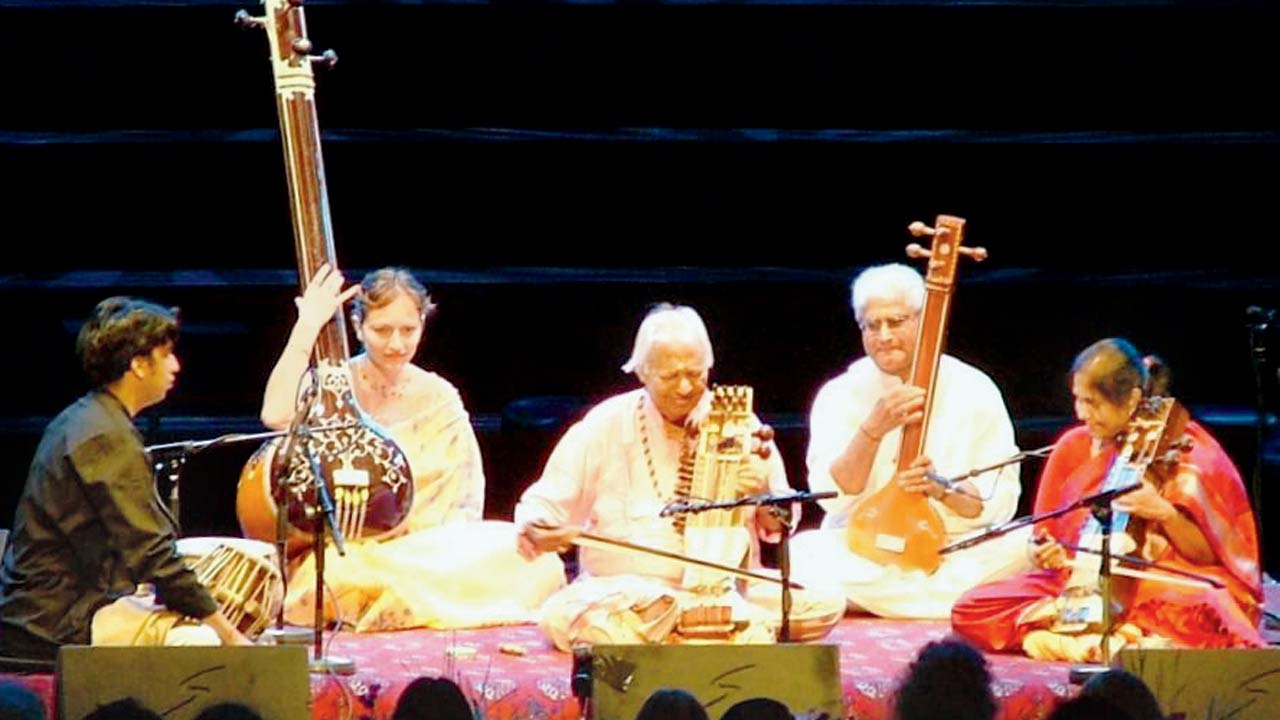 Pandit Ram Narayan (centre) performs alongside his daughter Aruna Narayan (extreme right) on the sarangi at the Royal Albert Hall, London, in 2009. Pic Courtesy/Wikimedia Commons
Pandit Ram Narayan (centre) performs alongside his daughter Aruna Narayan (extreme right) on the sarangi at the Royal Albert Hall, London, in 2009. Pic Courtesy/Wikimedia Commons
Last weekend was tinged with sadness for fans of Hindustani classical music with the passing of Padma Vibhushan and Sangeet Natak Akademi-awardee Pandit Ram Narayan on Saturday. The 96-year-old Bandra resident was one of India’s foremost exponents of the sarangi, and took the instrument from its status as an accompaniment to international renown. “He could play the sarangi as one uses their own voice,” shared Shashi Vyas, founder of the platform Pancham Nishad. Remarking on the late Panditji’s ability, Vyas said, “He was the first ever exponent [of the sarangi] to take it beyond the Indian stage. A devoted and dedicated practitioner of classical music, he pursued it with full faith and commitment.” Born in Udaipur in 1927, the maestro was an instinctive player of the sarangi, as well as being a skilled vocalist. For sarangi player Sabir Khan, son of late Ustad Sultan Khan, Panditji will forever be among the greats. “Every player of the instrument will remember the name of Panditji forever. If there is a school of sarangi, he was its principal. He faced great challenges to emerge as a soloist at the time. In the absence of any media to catch the audience’s attention, he did it with sheer talent,” the musician said.
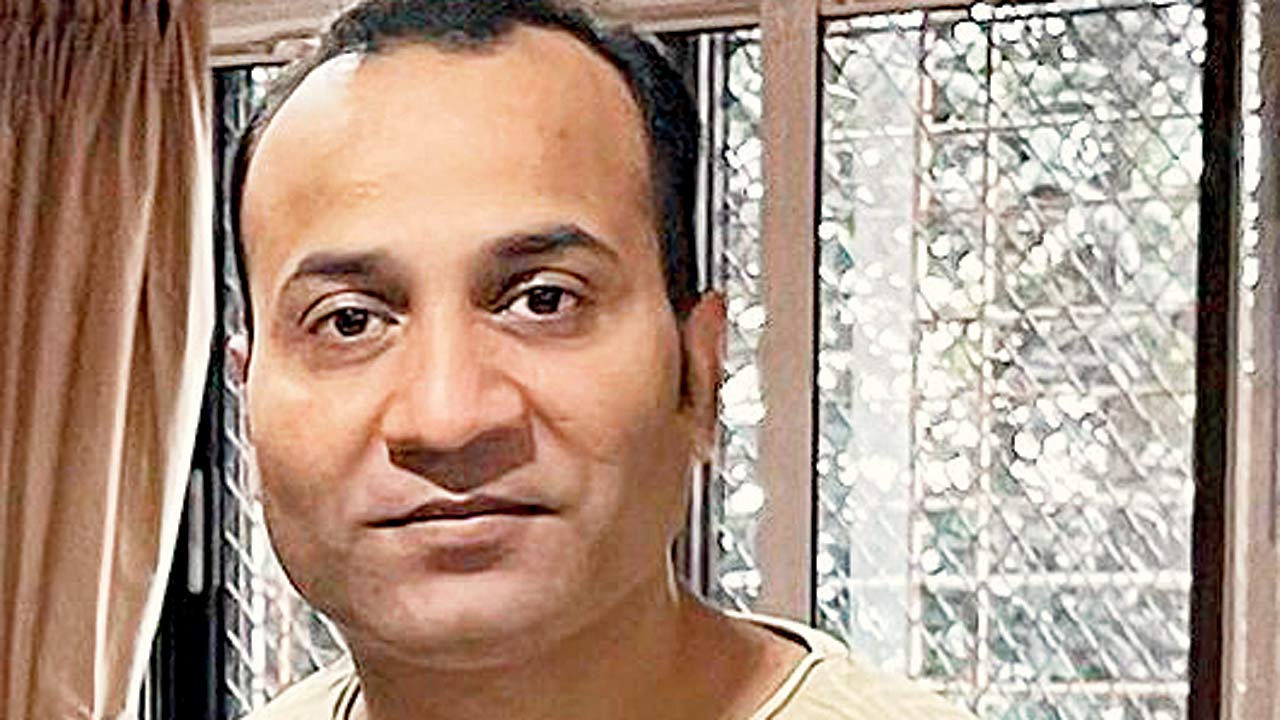 Sabir Khan
Sabir Khan
Cosy reading in Vile Parle
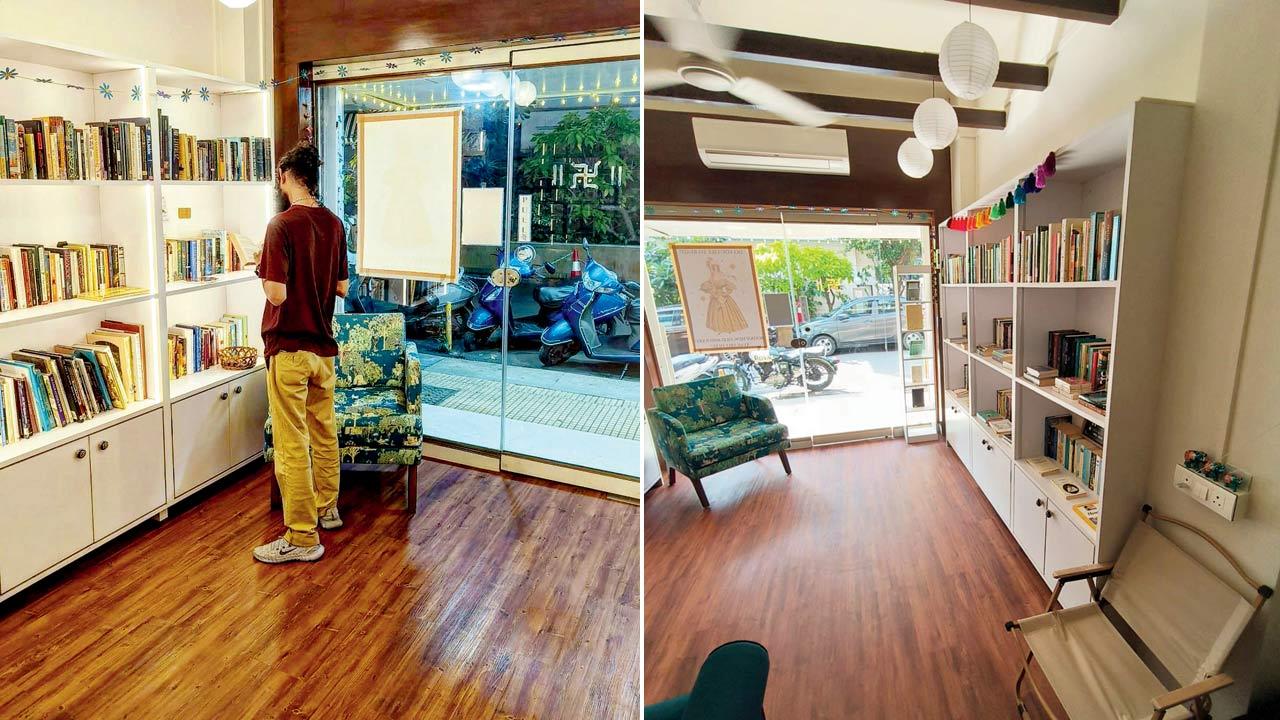 A visitor browses through the collection; (right) a view of the reading corner
A visitor browses through the collection; (right) a view of the reading corner
Even as the reading community across the city expands; bibliophiles continue to find it difficult to locate convenient spaces. In some good news, a new space opened up in Vile Parle with a reading nook in Book Garden on the bustling Nehru Road. Owner Tanmayee Thakur revealed, “We opened last month, on October 7, but the footfalls have been steadily on the rise. It is a cosy space that acts as a bookstore and a reading corner. Bring your own books, food and beverages — provided you clean up later.” The 28-year old Vile Parle-resident told us that the space is an extension of her love for reading. Naturally, all titles are curated by Thakur. “I do not choose books from any bestseller list. They are strictly coffee-table reads and fiction, and some are by obscure authors. In fact, I have a 300-page book that outlines everything to know about curtains, as well as another about Inuit art. Walk in, if you are curious,” she added, welcoming new readers.
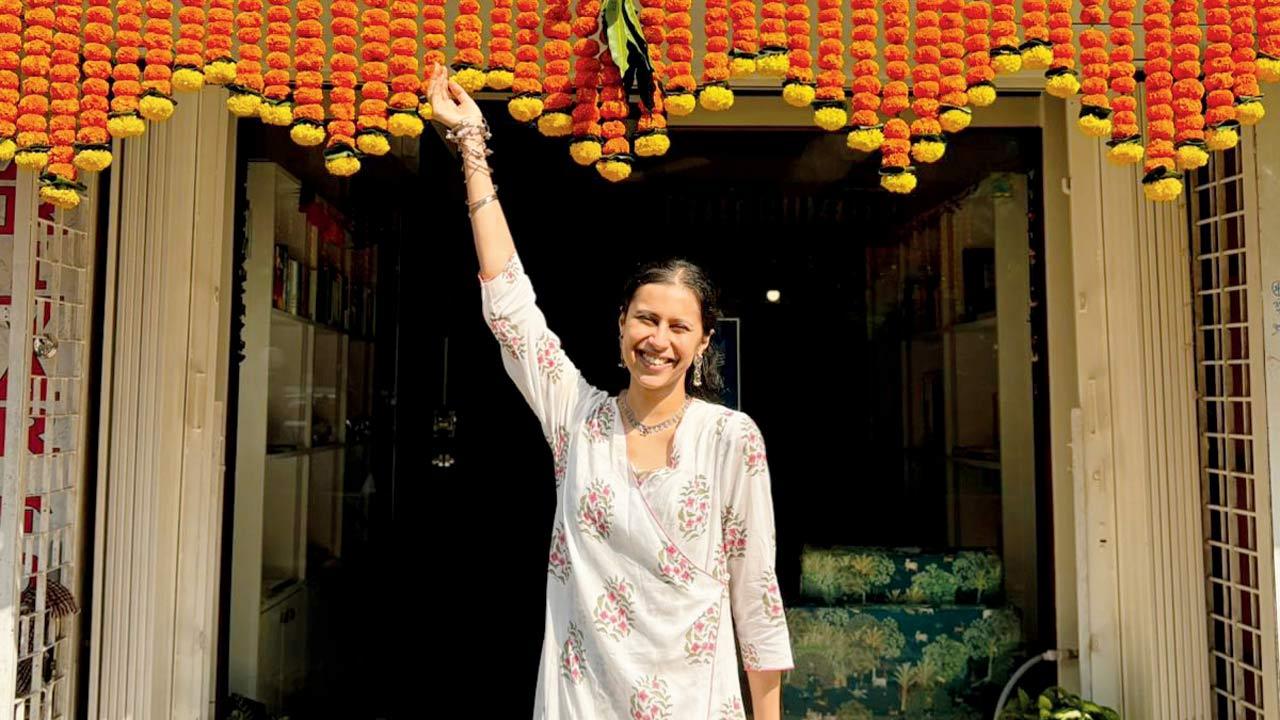 Tanmayee Thakur
Tanmayee Thakur
Nashik dhol beats in Tokyo
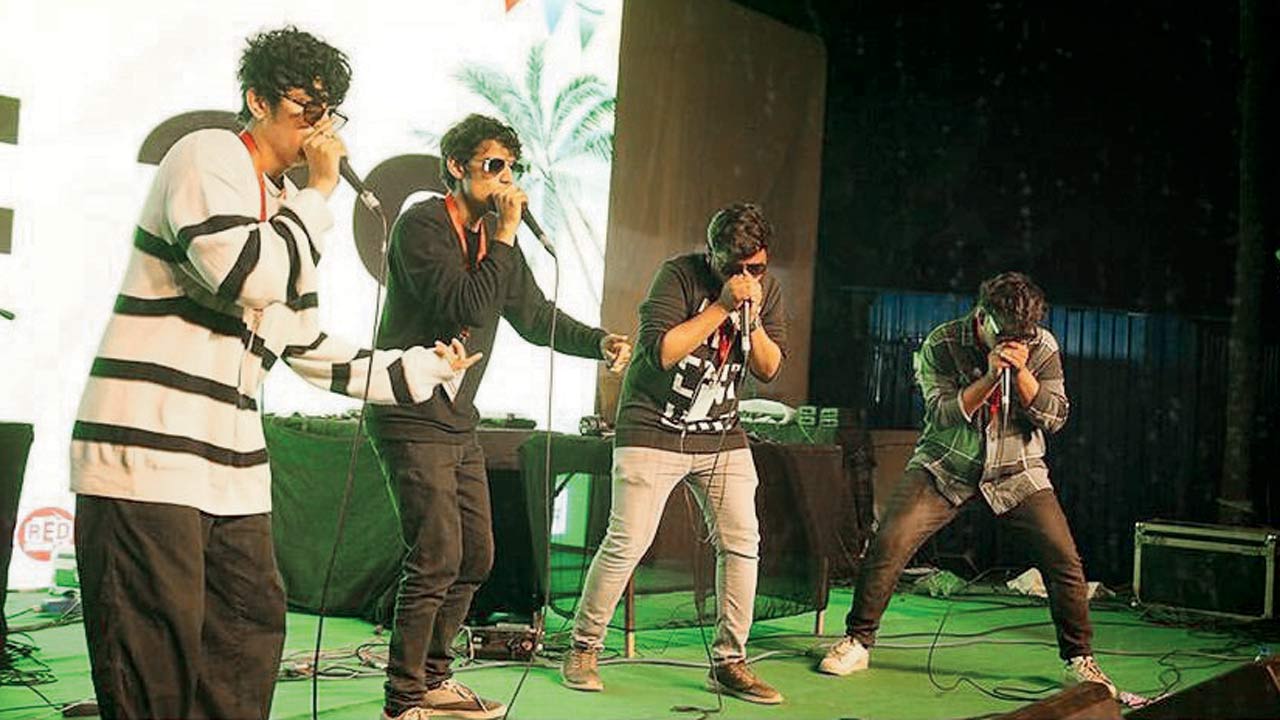 The crew performs during the qualifiers
The crew performs during the qualifiers
There is more than just the railway network that is common to Tokyo and Kalyan. The team of Anup Gaikwad, Ayush Gala, Harshad Lokhande and Aniket Sakte performed at the recently held Grand BeatBox Battle in Tokyo, Japan. The Kalyan-based quartet was the only Indian crew in the international competition that concluded on November 4. “We went through the elimination round with ease, and had to fight two battle rounds. It was in the second battle round that we lost out to the Japanese crew, Sound of Sony,” shared Gaikwad AKA Wah da fu. Despite finishing fourth, the crew did leave the Tokyo crowd with something to remember them by. “We did a beatbox of the Nashik dhol, which was a first for the Japanese crowd. It certainly got them on our side during the performance,” he told this diarist.
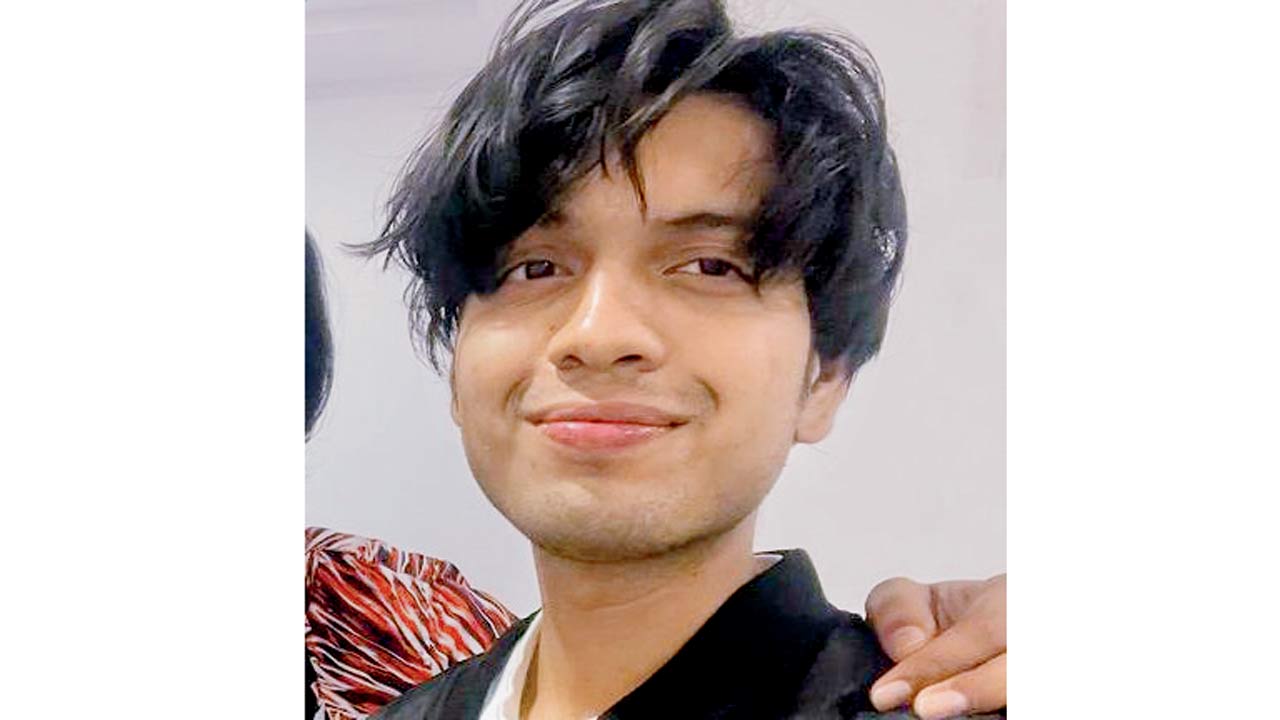 Anup Gaikwad
Anup Gaikwad
 Subscribe today by clicking the link and stay updated with the latest news!" Click here!
Subscribe today by clicking the link and stay updated with the latest news!" Click here!








